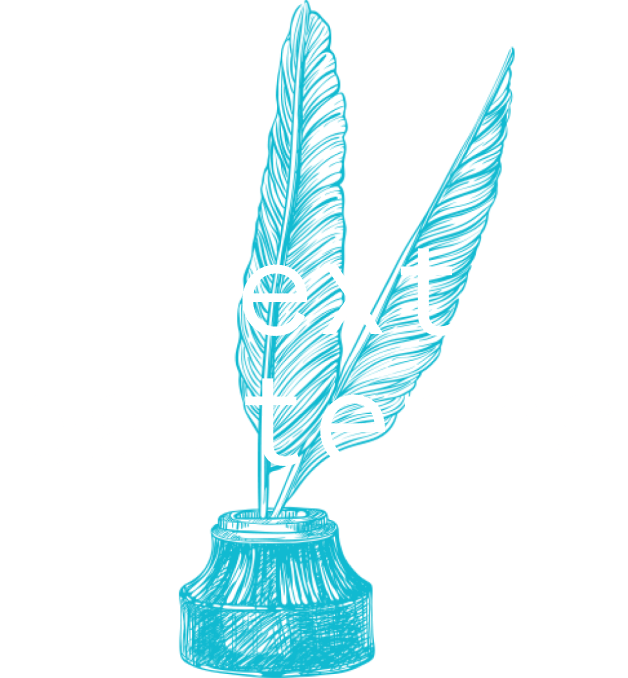June 7, 2010
every day in every way. . .
Jonah Lehrer: There is little doubt that the Internet is changing our brain. Everything changes our brain. What Carr neglects to mention, however, is that the preponderance of scientific evidence suggests that the Internet and related technologies are actually good for the mind. For instance, a comprehensive 2009 review of studies...


